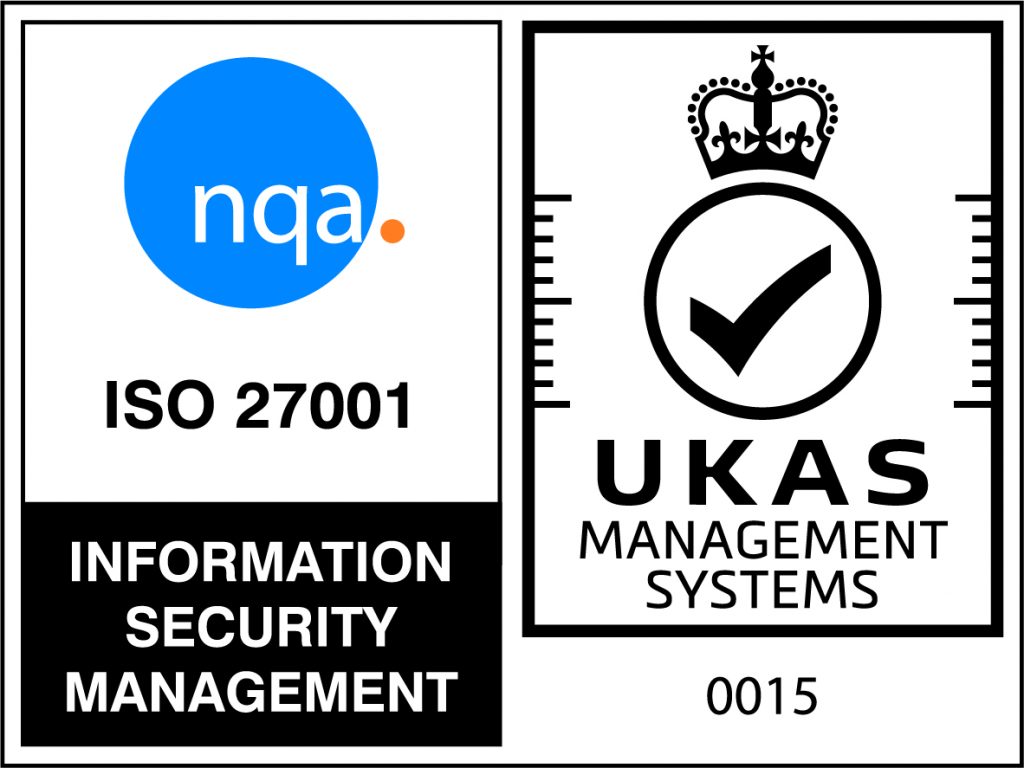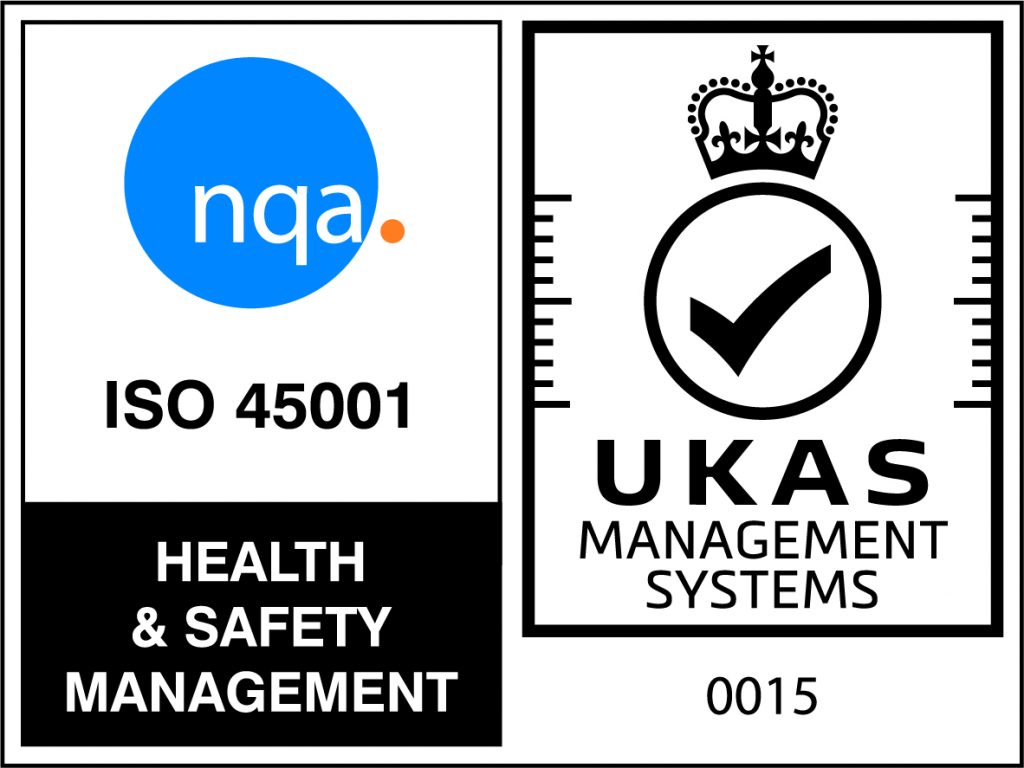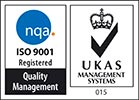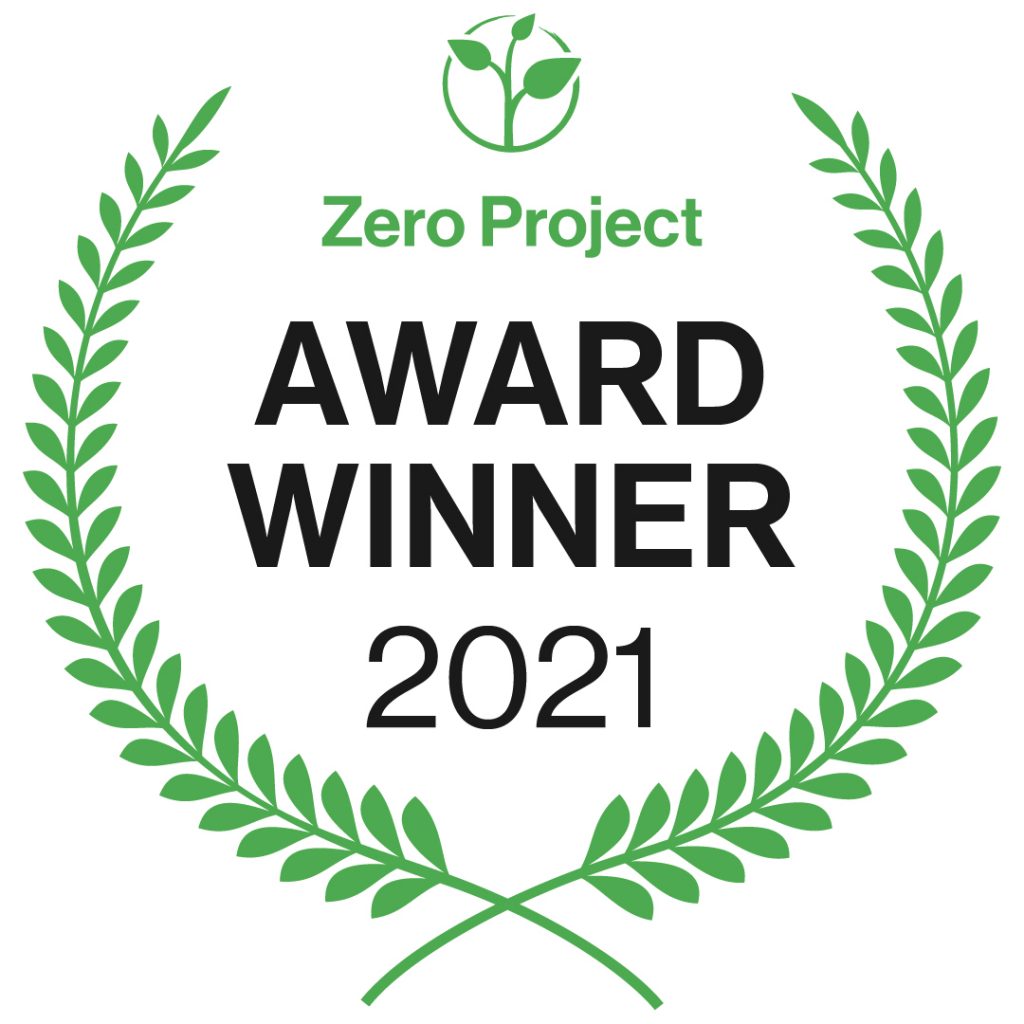From 18th July to 17th August each year, South Asian Heritage Month is a celebration of South Asian identity and heritage in the UK. It exists to commemorate, mark and celebrate South Asian history and culture, as well as to better understand the diverse heritage that continues to link the UK and South Asia.
Being a British born South Asian woman who experiences disability, I can’t help but feel that my community’s current standing on disability inclusion feels like we’re back in 1995 when the Disability Discrimination Act 1995 (DDA), now called the Equality Act 2020. The DDA came 20 years after legislation outlawing race discrimination and sex discrimination. However, while the DDA was a defining moment in the struggle for disability rights and equality, we still have such a long way to go to ensure equality for disabled people.
In the UK, the term South Asian refers to people from the Indian subcontinent, including Bangladeshis, Indians, Pakistanis, and Sri Lankans. We have formed a considerable chunk of the British demographic as the second largest population in the UK at 7.5%.
We have made significant contributions to British life since my grandparent’s generation arrived in post-war Britain with as little as a few pounds to start a new life. As former subjects of the British Raj, they automatically became British citizens. During the time of civil war in India, they came here, sought better economic opportunities, and joined family members already settled here. They worked the jobs and shifts that nobody else wanted in foundries, factories and mills. As their family grew, with each generation, our roots have been laid deeper in Britain.
I’m the only person in my family (on both sides) born with a condition, so disability was a completely new experience for my entire family. I was bought up in a loving and supportive family, but within a community where disability is still not well understood or perceived and faces further stigma than in mainstream society. My mum told me a few years ago that when I was born, a close family member said: “not only have you had another girl, but she’s disabled.” That awful comment is gender preference and ableism at play.
Historically, in many Asian countries, disability has been considered a taboo or shameful thing. Sadly, these attitudes have mainly remained unchallenged and have been passed down through generations meaning progress on disability inclusion has been painstakingly slow and overdue.
This is primarily due to a lack of education and understanding of the issue itself. Another significant barrier to progress is having terminology for disability, impairments and conditions in South Asian languages because they simply don’t exist. Instead, I have repeatedly heard is very derogatory and humiliating terminology to describe a condition or impairment.
Religious beliefs and cultural practices are among the most defining elements of belonging and identity in South Asian communities. For example, some people believe disability is a punishment from God or a test to be endured for eternal reward.
Research shows that people from UK South Asian communities’ experience high levels of disability compared to the general population, and I can’t quite comprehend why the South Asian community have integrated and adapted to the wider society and issues that they encounter, except for disability. South Asian communities are regarded as a powerhouse of economic activity, making immense contributions in all walks of life, but our community is often neglected. The inequalities of Covid-19 in ethnic minority communities have bought this issue to light in a major way, like never before.
Recent events like the pandemic have led me to think about how racism and ableism intertwine and interact to generate unique forms of inequality and resistance. The needs and views of disabled people from ethnic minority communities have often fallen between the two areas of disability and race equality policy:
- There are at least one million disabled people from ethnic minority communities living in Britain.
- Nearly half live-in household poverty, compared with 1 in 5 of the population as a whole.
- Their incomes are 30% lower than for the general population.
- Less than 4 in 10 of working age are in employment.
These are shocking statistics that nobody really knows about, and until we don’t start taking an intersectional approach to inclusion, I’m worried that nothing will change within my community on disability inclusion. We cannot continue to address inequality in a singular process that segregates each identity, such as race and disability. While this helps start the diversity conversation, it’s just far more complicated than that.
Intersectionality is important, so each of us can understand where we stand in the fight for equality and where we stand to help others who may not have the privileges we have. I encourage everyone to see themselves as allies of intersectional issues, which will help us all endorse change and ensure sure everybody has the opportunities to participate in every aspect of life to the best of their abilities and desires.
Bio
Shani Dhanda is a multi-award-winning social entrepreneur and disability specialist. Her intersectional activism is inspired by the barriers she has and continues to face as a South Asian woman who experiences disability. Shani was named as one of the BBC 100 Women List, CEO Magazine’s 16 most influential women in leadership for 2021 and made top 10 of The Shaw Trust Power 100 List of the UK’s most influential disabled people.
As a keynote speaker and practitioner for inclusion across business, government, non-profit and wider society, Shani helps organisations break barriers and integrate inclusion into their business frameworks.
Shani has taken change into her own hands and founded and leads numerous organisations to improve representation and challenge social inequality globally.
Shani’s style and approach are described as ‘a winning combination of authenticity and passion, helping to remove the awkwardness and fear of having confident conversations about disability within business and society.’
@shanidhanda
www.shanidhanda.com

 Back to News
Back to News

















